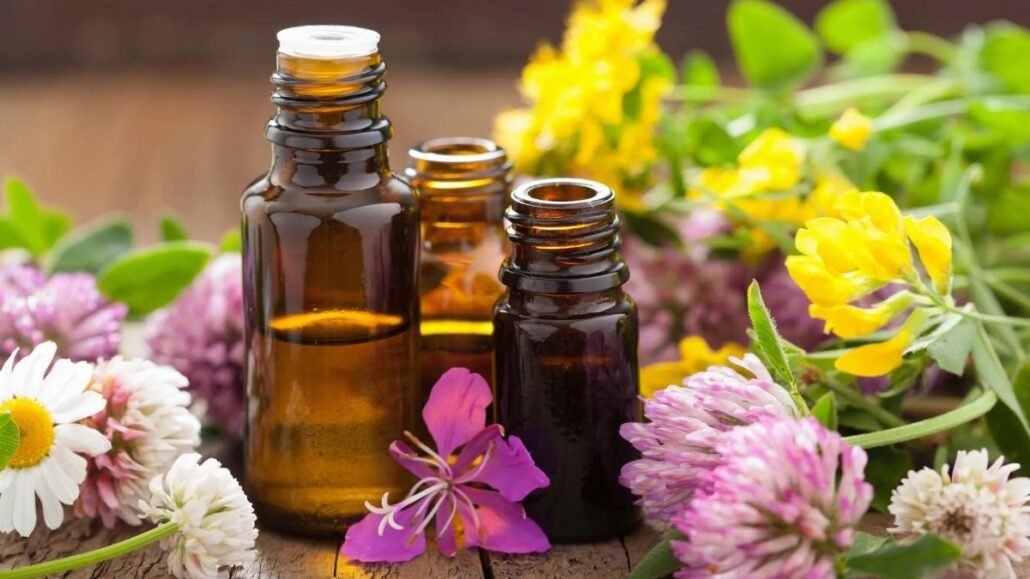Tea tree, almond, olive, jojoba–embedding essential oils on face and body is becoming a new habit. But how much does your skin avail from this component, and is it favorable to your moisturizer? Here we look at the truth regarding using essential oils as part of your skincare cycle and review the best oil for your skin.
So, you’ve got your essential oil–what accurately can it do to your skin?
Benefits of using Essential oils:
Oil for anti-aging:
All-natural oils have some antioxidant impact–they can help combat the deterioration caused by ultraviolet light that ultimately leads to age spots and wrinkles (we salute that).
Oils can support absorption:
Oils are lipophilic they end and reach the lipid layer of your skin more quickly than water-based moisturizers, which can help settle water loss and turn your skin plump. This makes them particularly effective for body moisturizing (Hence, apply any oil you prefer before bed to see the reduced puffiness and glowing outlook).
Oil is an acne-buster:
Oil patting on your face works well to clean up acne. Honestly! If you’ve got oily skin, it’s easy to over-dry which encourages your body to make more and more oil to compensate (well, this is a no-win situation).
As soon as you add some oil into your skin regime, it can help calm your body down and stop the sequence of secreting more dewiness.
It’s good to know which oil is good for your skin as (while all-embracing) they have different advantages.
Almond oil: This oil is very gentle enough for babies and can relieve inflammation and soothe sensitive skin. Made from raw almonds, this oil is full of health benefits, such as vitamin E, zinc, proteins, and potassium. It has a lighter composition, which many find pleasing to use on the face. But the sweet almond oil can cause allergic responses, so avoiding it would be better if you have sensitive skin.
Jojoba oil: Ideal for dry skin. This oil may have anti-inflammatory and wound-healing effects, among other skin benefits.
It is also used topically to stimulate the regrowth of hair in balding people. In production, jojoba is used as an ingredient in shampoo, lipstick, makeup, and cleansing products.
Olive oil: Looking toward olive oil is known for its privileges as a facial mist. Olive oil has some reported perks to the skin, this oil has many vitamins, including A, D, and K, as well as vitamin E. The antioxidant properties help prevent or reverse damage from cancer-causing ultraviolet radiation-producing new skin cell growth. The squalene ingredient present gives olive oil the extra antioxidant boost.
Tea tree oil: Tea tree oil can treat a mixture of skin ailments because of its anti-inflammatory, antiseptic, and nourishing qualities. From treating scars to help in haircare issues, this helps in all the ways.
The ability to fight cancer, tea-tree oil has a rapid effect on reducing tumors.
Availing all the benefits of these natural oils – nature’s gift for your skin and hair, always look for pure products.
Since light, heat, exposure to air, and moisture can affect the stability of essential oils. If the number of results about essential oils and their compounds is compared to how widely these oils are used, we consider that the use of all the essential oils in DIY recipes and cosmetic serums is safe for most of the population.
We recommend to you store the oils in dark or cold places. Using the oils on yourself twice/thrice a week or as prescribed by your doctor would be advisable.
